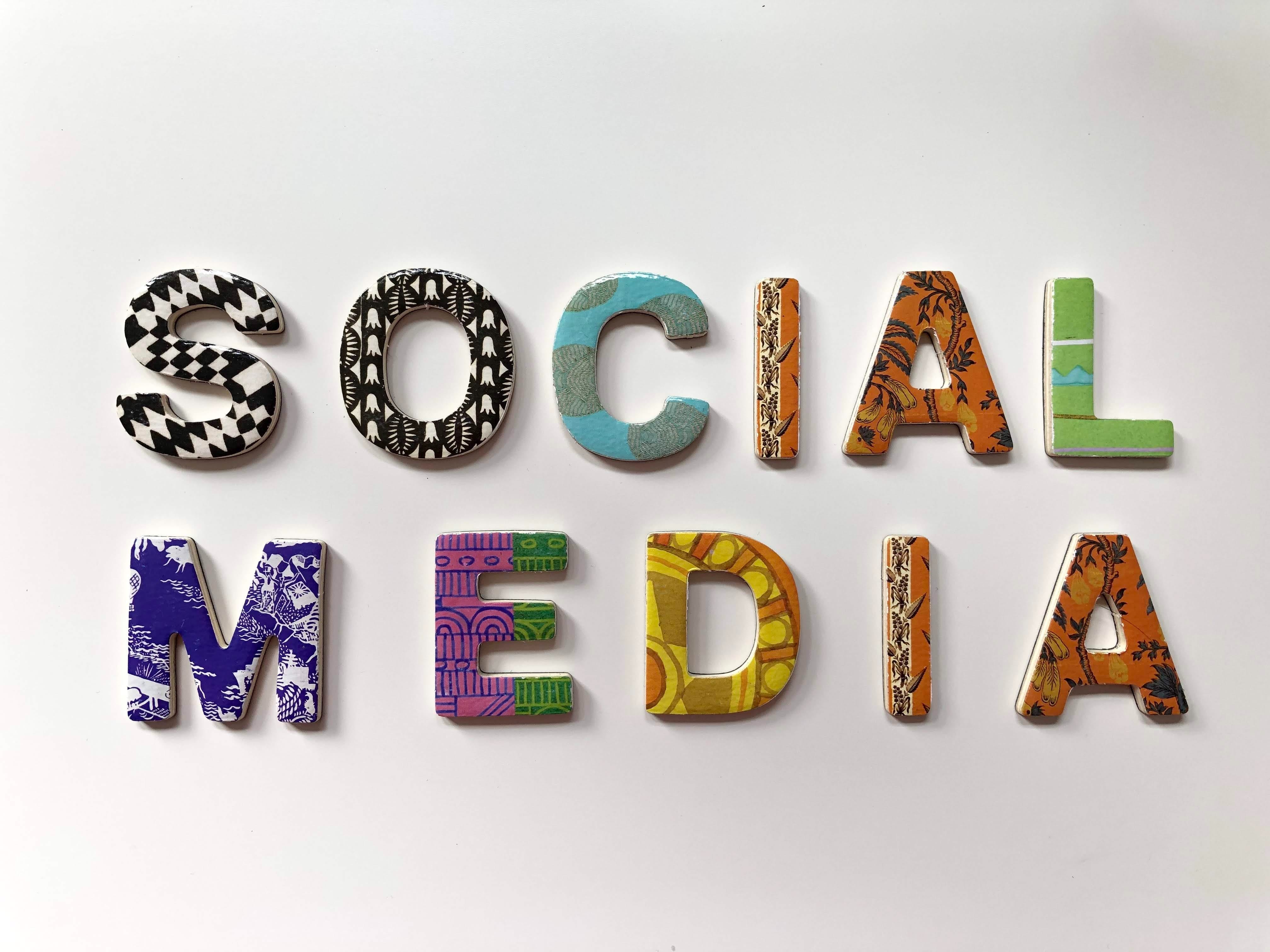Researchers found adolescents on social media have body image issues.
U.S. researchers recently surveyed nearly 1,000 seventh- and eighth-graders, age 13 on average, and found, “Adolescents who are active on social media may be more likely to exercise excessively, skip meals or develop other forms of disordered eating,” according to the study. Of those surveyed, an estimated three-quarters of both girls and boys had at least one social media account and 52% of girls reported at least one disordered eating behavior along with 45% of the boys. The findings were published in the International Journal of Eating Disorders.
Especially interesting, the more social media accounts the pre-teens and teenagers had, the more likely they were going to engage in disordered eating. Researchers tied social media with how the adolescents thought about their bodies and about eating. This had to do with the ads the teens were subjected to and how their celebrity idols and peers portrayed themselves on their accounts.

“We suspect that social media use is encouraging young people to compare themselves to their peers and others, particularly on their appearance, at an age where adolescents are very vulnerable to peer influences,” said study leader Simon Wilksch of Flinders University in Adelaide, Australia. “Young people could be taking on board the message that ‘how I look is key to how worthwhile I am’ leading them to go to unhelpful lengths to try to reach an ideal look.”
The study focused on two main issues related to disordered eating: how teens thought about their bodies and about eating, and whether teens regularly skipped meals or over-exercised. It found, “When it came to cognition, girls who used Snapchat were 39% more likely to report these issues than girls who didn’t use that platform. Tumblr was associated with a 43% higher likelihood of eating-related cognition issues…Among boys, all four social media platforms were associated with greater cognition issues.”
Wilksch added, “The core cognitive [mental] component of disordered eating is the placing of great importance on one’s body shape, weight, food intake or exercise. Young adolescence is a time of both peer influences and appearance being very important, so it’s not hard to see how people this age could become very focused on how they are perceived online.”
There was a significant difference in the perceptions of girls and boys who had social media accounts versus those who did not. “Compared to girls without social media accounts, girls with two or more were over three times more likely to report disordered eating behaviors,” the study found. “Boys with three or four accounts, meanwhile, were more than five times as likely to report disordered eating behaviors as boys without social media accounts.”
“It is safe to say that social media use is complicated, ever changing, and has not only provided a new platform for social interaction, but has likely changed teen social interaction,” said C. Alix Timko, a psychologist at the Eating Disorder Assessment and Treatment Program at the Children’s Hospital of Philadelphia. He continued, “It is not just the content but the interactions that teens have with friends and followers that parents should pay attention to. Sadly, it is unlikely that monitoring or preventing social media usage will prevent disordered eating, nor can limiting it treat disordered eating.”
“Parents who suspect teens are developing problem thoughts or behaviors related to food should get help from a health professional,” advised Dr. Jason Nagata of the University of California at San Francisco.


Join the conversation!